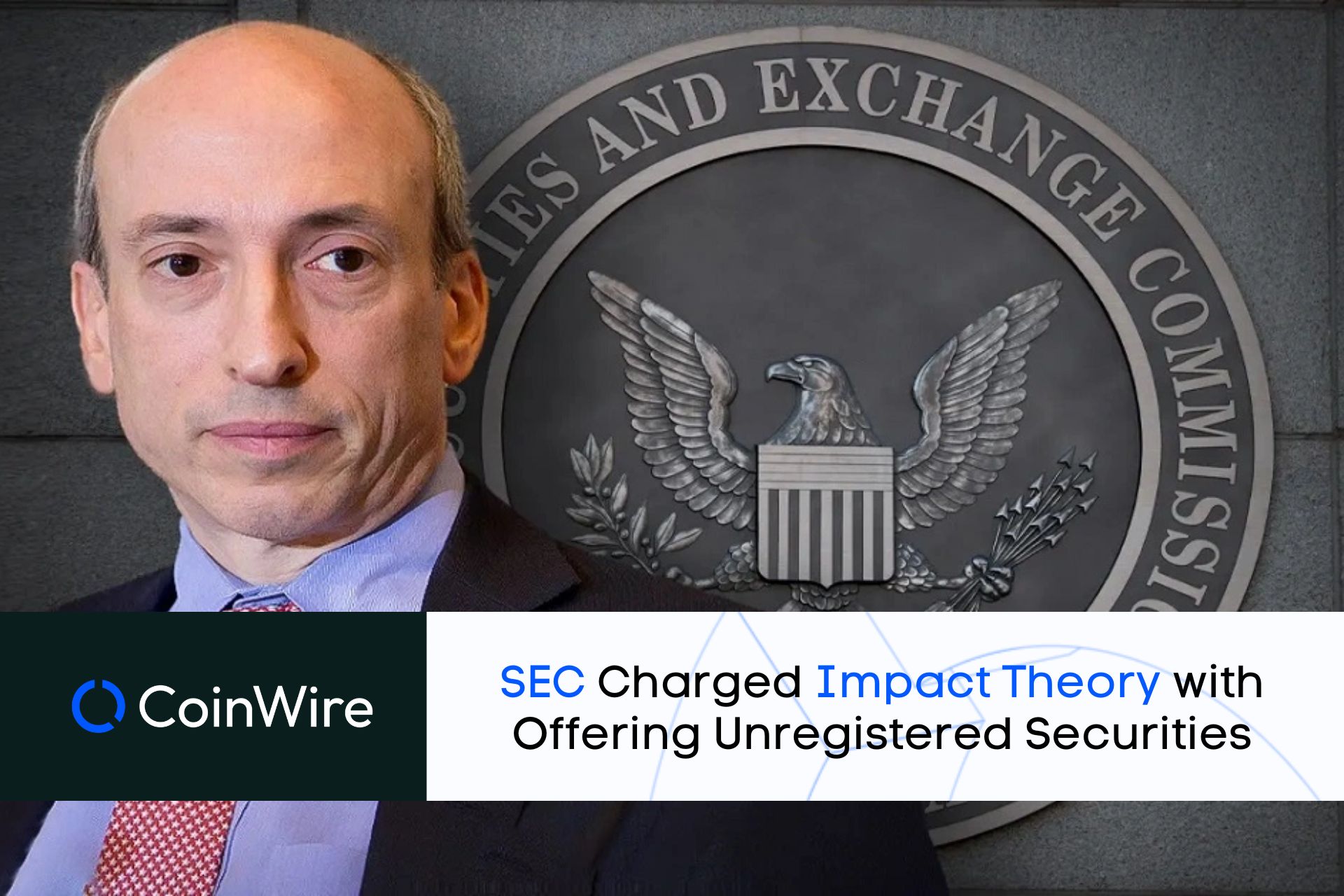The U.S. Securities and Exchange Commission (SEC) has taken its first enforcement action against non-fungible tokens (NFTs). The SEC charged media and entertainment company Impact Theory with offering unregistered securities in the form of NFTs. This groundbreaking case sheds light on the regulatory landscape surrounding NFTs and raises important questions about their classification as investment contracts. In this article, we will explore the details of the enforcement action, the arguments put forth by the SEC, dissenting opinions from SEC members, and the potential implications for the NFT market.
An Overview

Impact Theory, a Los Angeles-based media and entertainment company, launched an NFT project called “Founder’s Keys” in late 2021. The project aimed to raise funds by offering NFTs to investors. According to the SEC, Impact Theory raised approximately $30 million from hundreds of investors through this initiative. However, the SEC argued that the NFTs offered by Impact Theory were actually investment contracts and therefore qualified as securities. By offering and selling these securities without proper registration, the company allegedly violated securities laws.
SEC’s Allegations and Impact Theory’s Response

The SEC’s enforcement action against Impact Theory stems from its belief that the company encouraged investors to view the purchase of a Founder’s Key as an investment into the business. The SEC claimed that Impact Theory made statements suggesting that investors would profit from their purchases if the company achieved success. In response, Impact Theory did not admit or deny the SEC’s allegations but agreed to a cease-and-desist order. As part of the settlement, the company will pay over $6.1 million in disgorgement, prejudgment interest, and a civil penalty. Additionally, Impact Theory will destroy any Founder’s Keys NFTs it owns and eliminate any royalty it might receive in the secondary markets.
Impact Theory Revised Approach
Following the enforcement action, Impact Theory’s co-founder, Tom Bilyeu, took to Twitter to address the situation. He stated that the company would make it clear that all of its digital assets are “collectibles with utility.” Bilyeu emphasized that they would “fiercely discourage” people from treating these assets as anything other than what they are. This shift in approach underscores Impact Theory’s commitment to avoiding any perception of its digital assets as investment opportunities. It remains to be seen how this revised approach will impact the company’s future NFT projects and their reception in the market.
Dissenting Opinions from SEC Members
While the SEC’s enforcement action against Impact Theory marks a significant milestone in the regulation of NFTs, it did not go without criticism. SEC members Hester Peirce and Mark Uyeda issued a dissenting statement, questioning the SEC’s reliance on the decades-old Howey test to determine whether NFTs qualify as investment contracts. The Howey test, widely used to evaluate securities, considers whether an investment involves the expectation of profits derived from the efforts of others.
Peirce and Uyeda argued that NFTs, such as the ones offered by Impact Theory, do not generate dividends or represent shares of a company. They drew attention to the fact that enforcement actions are not typically taken against sellers of watches, paintings, or collectibles with vague promises of increasing resale value.
The dissenting statement raised larger questions about the SEC’s approach to NFTs and suggested that further analysis is needed before bringing additional cases. This dissenting opinion highlights the complexity of regulating NFTs and the need for a nuanced understanding of their unique characteristics.






![Best Crypto Exchanges for Day Trading [currentyear] - Top 6 Platforms 11 Best Crypto Exchanges For Day Trading](https://coinwire.com/wp-content/uploads/2023/10/best-crypto-exchanges-for-day-trading-1024x683.jpg)
![Best Free Crypto Sign Up Bonus Offers & Promotions in [currentyear] 12 Best Free Crypto Sign Up Bonus And Promotion](https://coinwire.com/wp-content/uploads/2023/08/free-crypto-sign-up-bonus-1024x683.jpg)